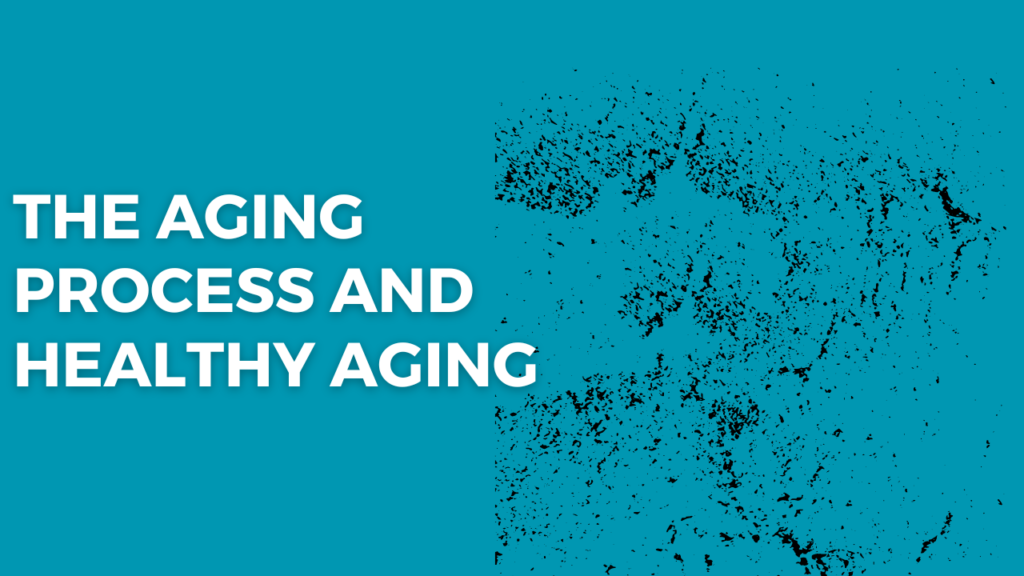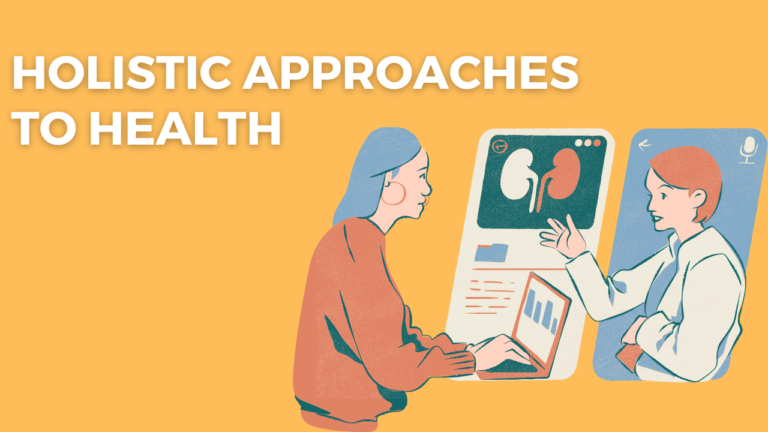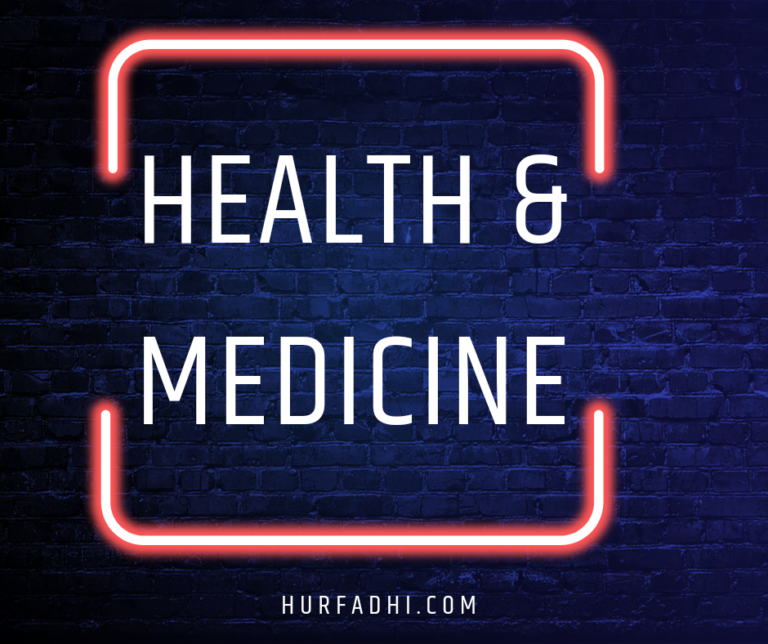The Aging Process and Healthy Aging

The aging process is a natural biological phenomenon that involves a progressive decline in the body’s ability to repair and maintain its cells and tissues. It is influenced by a combination of genetic, environmental, and lifestyle factors. Aging is associated with a wide range of physiological changes that can impact various aspects of health and well-being. However, healthy aging is a concept that focuses on maintaining a good quality of life as individuals grow older, despite the inevitable effects of aging.
Here are some key points about the aging process and healthy aging:
- Cellular Senescence: As we age, cells in our body undergo a process called cellular senescence, which means they lose their ability to divide and function properly. This can lead to a decline in tissue repair and regeneration.
- Changes in Tissues and Organs: Many tissues and organs undergo changes as we age. For example, bones may become more brittle, muscles might lose mass and strength, and the skin may become thinner and less elastic.
- Metabolic Changes: Metabolism tends to slow down with age, which can lead to weight gain and changes in energy levels. Hormone production also changes, which can impact various bodily functions.
- Immune System: The immune system becomes less efficient with age, making older individuals more susceptible to infections and diseases.
- Cognitive Function: While some cognitive decline is considered a normal part of aging, healthy aging aims to maintain good cognitive function and prevent or delay cognitive disorders like dementia.
- Chronic Diseases: The risk of chronic diseases such as heart disease, diabetes, and certain types of cancer increases with age. Healthy aging involves managing these risks through lifestyle choices.
- Lifestyle Factors: Healthy aging is heavily influenced by lifestyle choices, including a balanced diet, regular physical activity, avoiding smoking and excessive alcohol consumption, and managing stress.
- Social and Mental Well-being: Staying socially engaged, maintaining strong social connections, and nurturing mental and emotional health are important aspects of healthy aging.
- Preventive Healthcare: Regular medical check-ups, screenings, and preventive measures can help detect and address health issues early, promoting better outcomes as individuals age.
- Adaptability: Adapting to the changes that come with aging is a key component of healthy aging. This includes finding new hobbies, staying curious, and embracing new challenges.
- Mind-Body Connection: Practices like mindfulness, meditation, and relaxation techniques can support mental and emotional well-being, contributing to healthy aging.
- Genetics and Environment: While genetics play a role in how we age, environmental factors such as exposure to toxins and pollutants also impact the aging process. A healthy environment can contribute to healthy aging.
- Personalized Approach: Healthy aging is not a one-size-fits-all concept. Each individual’s journey is unique, so personalized approaches to diet, exercise, and healthcare are important.
In essence, healthy aging involves maintaining physical, mental, and emotional well-being as you grow older. While certain aspects of aging are inevitable, many factors that influence the rate and extent of aging can be managed through lifestyle choices, medical care, and a positive outlook on life.
The aging process is a natural biological phenomenon that involves a gradual decline in the body’s ability to function optimally over time. It affects all living organisms, including humans. Aging is influenced by a combination of genetic, environmental, and lifestyle factors. While it’s not possible to completely prevent aging, adopting a healthy lifestyle can significantly influence how well someone ages and their overall quality of life in their later years. This concept is often referred to as “healthy aging.”
Here are some key points about the aging process and healthy aging:
- Cellular and Molecular Changes: As people age, there are various cellular and molecular changes that occur in the body. These changes can lead to a decline in organ function, reduced muscle mass, decreased bone density, and changes in hormone levels.
- Genetics: Genetics play a significant role in determining how individuals age. Some people may be genetically predisposed to age more slowly or experience fewer age-related health issues, while others might be more prone to certain conditions.
- Environmental Factors: Environmental factors such as exposure to pollutants, radiation, and certain chemicals can accelerate the aging process. Additionally, lifestyle factors like diet, physical activity, and stress management can also impact how well someone ages.
- Lifestyle and Healthy Aging: Adopting a healthy lifestyle can promote better aging and overall well-being. This includes:
- Balanced Diet: Eating a diet rich in fruits, vegetables, whole grains, lean proteins, and healthy fats can provide essential nutrients that support various bodily functions.
- Regular Exercise: Engaging in regular physical activity can help maintain muscle mass, bone density, and cardiovascular health. It also improves mood and cognitive function.
- Stress Management: Chronic stress can contribute to premature aging. Practicing stress-reduction techniques such as meditation, yoga, and mindfulness can have positive effects.
- Adequate Sleep: Getting enough quality sleep is crucial for cellular repair and overall health. Sleep deprivation can accelerate the aging process.
- Social Engagement: Staying socially active and maintaining strong relationships can contribute to mental and emotional well-being as people age.
- Avoiding Harmful Habits: Limiting alcohol consumption, avoiding smoking, and reducing exposure to harmful substances can have a positive impact on aging.
- Medical Care: Regular medical check-ups and screenings are essential for identifying and managing age-related health issues early. Adhering to prescribed treatments and medications is crucial for maintaining health.
- Cognitive Health: Keeping the brain active through mental stimulation, learning new skills, and engaging in puzzles or games can support cognitive function and reduce the risk of cognitive decline.
- Positive Attitude: Maintaining a positive outlook on life and cultivating resilience can contribute to healthy aging. It’s important to adapt to changes and challenges while finding joy and purpose in daily activities.
Remember that healthy aging is a holistic approach that encompasses physical, mental, and emotional well-being. While it’s not possible to completely halt the aging process, individuals can take steps to promote their overall health and make the most of their later years. Consulting with healthcare professionals and experts in geriatric medicine can provide personalized guidance on healthy aging strategies.





